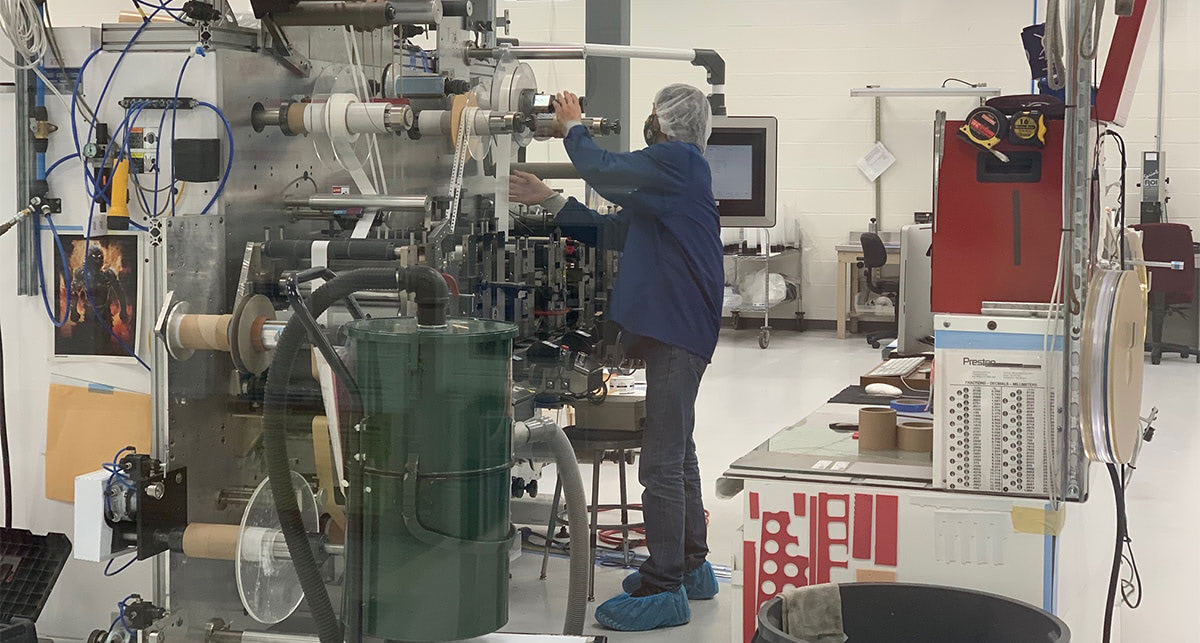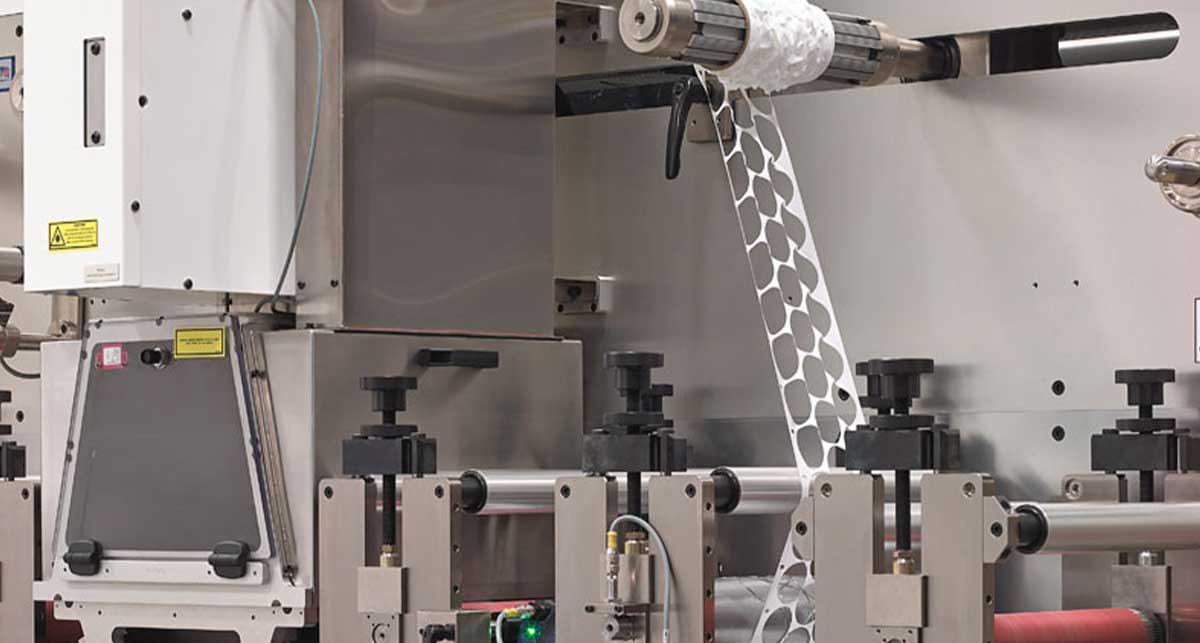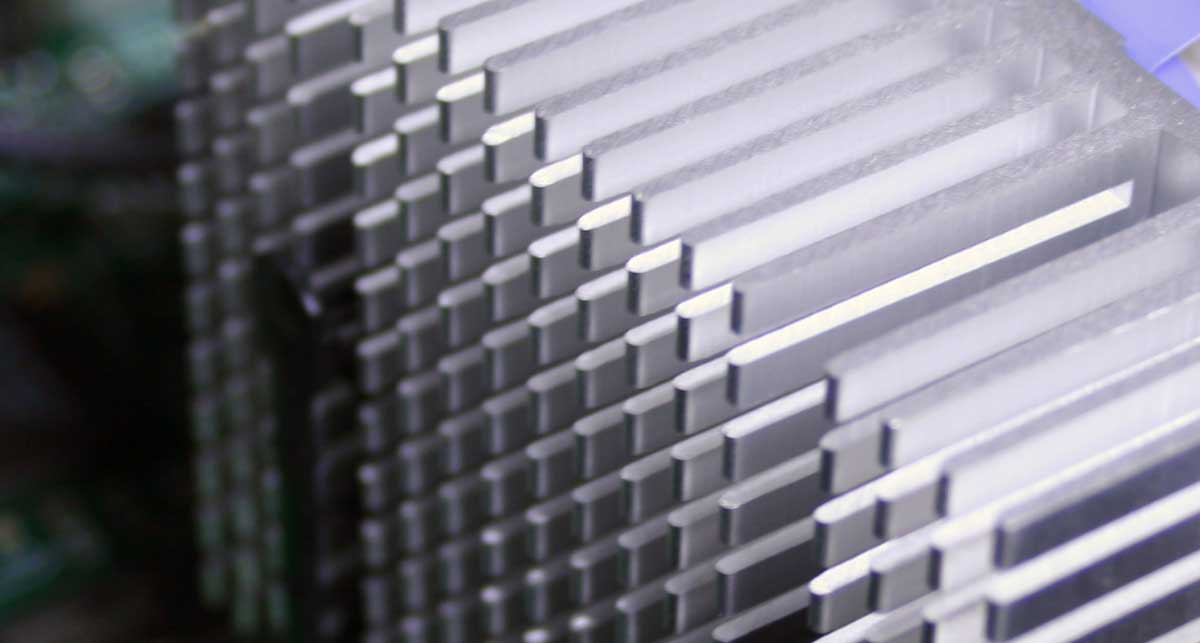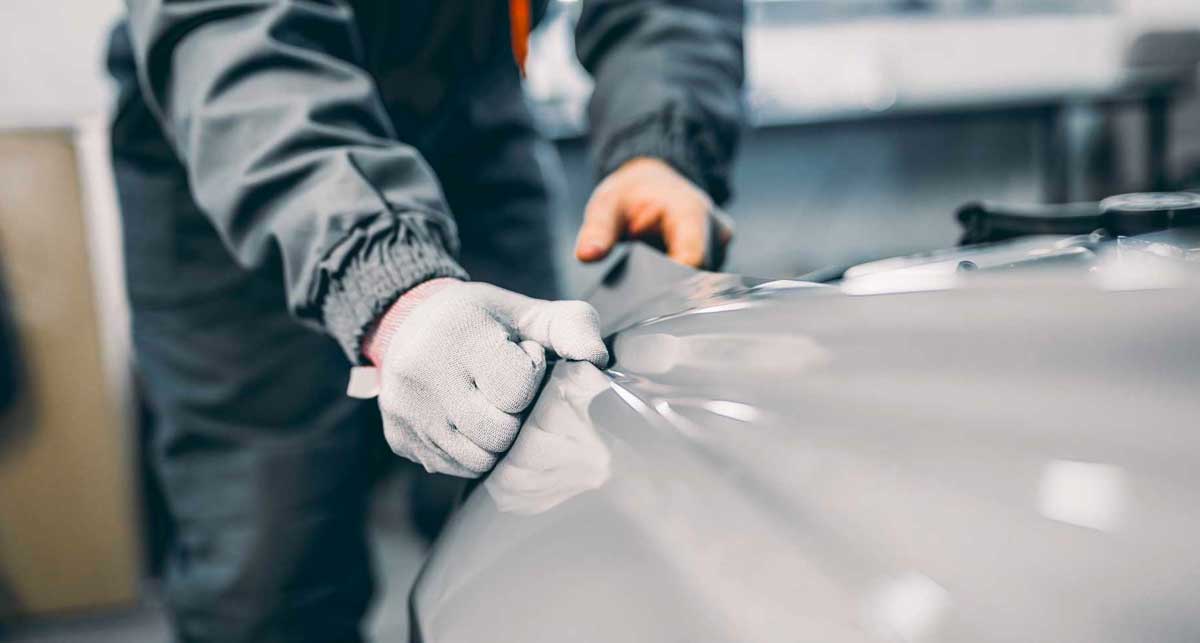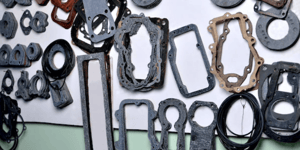What do you picture when you think of sealing?
Gasket tape and adhesives come in a wide range of shapes and formats that suit different projects. Yet, despite the perks of variety, it makes it more challenging to decide which type of adhesive suits your application.
Our adhesive converting company, Strouse, has over three decades of experience working with gasketing adhesives, which is why we’re confident we can help you decide on the ideal project material.
Before reaching out to manufacturers, read about gasket tape and its alternatives so you’re prepared to choose the best sealing format for your application.
Adhesive Gasketing Options
“Tape? Spray? Glue? What should I do?”
Rhyming questions aside, it is crucial to factor in the type of adhesive needed when considering all the materials required for a successful custom gasket.
Choosing a suitable adhesive depends on many factors:
- The purpose of the gasket (permanent seal vs. temporary seal)
- The composition of the material it’s bonding to (natural rubber? foam? steel?)
- What the gasket is intended to contain (water? chemicals? air?)
Depending on your answers, there are several different adhesive types to consider.
The most common gasket adhesives are glue, spray, liquid, and tape. Each adhesive type has unique characteristics that must be understood before calling on them for your gasketing project.
Gasket glue isn’t the glue you find while walking down the school supplies aisle. Instead, this type of glue is designed to have a powerful bond that needs to hold up over a long time. Yet, because gasket glue often requires a heating element, it can get messy.
Spray or liquid gasket adhesives are typically used to bond materials that are unusual in size or shape or have irregular surfaces. While these can be beneficial because of the application speed and ability to get into those hard-to-reach places, they can be messy (drip … drip), potentially releasing fumes and creating an unpleasant or unsafe working environment.
Between the different gasket adhesive options, we tend to focus on the one known as gasket tape. Today, we’ll discuss how gasket tape is more effective than other gasket adhesives so you can decide whether it’s right for you.
What is Gasket Tape?
Gasket tape is a strong adhesive that bonds two surfaces to form a gasket or seal. Gaskets are meant to create seals, and gasket tape prevents mixing or leaking and keeps things airtight.
Different variations of gasket tape exist, the most common being double-sided tape, VHB (very high bonding) tape, and adhesive transfer tape. You’ll want to determine which type of gasket tape will be ideal for your project before rolling ahead with production.
What are the Benefits of Using Gasket Tape?
Gasket tape is one of the more consistent and effective custom gasketing solutions. Now that we’ve covered the gasketing alternatives, let’s discuss the advantages of using gasket tape over other gasket adhesives.
1. PRE-APPLICATION
Gasket tape can be applied to the gasket material before it’s cut into the right shape and size. So, when you start with a large sheet of gasket material, that surface can be covered with the gasket tape before you even need to worry about ensuring everything is in the right shape.
Cutting and shaping the gasket material and then putting the gasket adhesive on afterward could lead to irregularities and an uneven application of the sealant, which could then cause a domino effect of issues — or outright catastrophes — further down the line.
2. LOWER INITIAL COST
Generally, gasket tape is a lower-cost adhesive than other sealing options because the materials used are relatively common and often inexpensive. Plus, the production and application of the gasket tape can be optimized using quick and efficient automation, which will save you money on labor and equipment costs over time.
3. TIME-SAVING
Speaking of lower cost and pre-application benefits, using gasket tape as your adhesive can save significant time during production and application.
The pre-application allows a large swath of gasket material to be coated with the adhesive simultaneously. The automation to apply it can often be done quickly without sacrificing quality or safety. Additionally, gasket tape doesn’t require curing or drying time, meaning it sets upon application.
Saving time WITHOUT cutting corners on safety or quality is ideal for remaining profitable and successful in any manufacturing setting. Gasket tape can help you achieve that goal.
4. CLEANER APPEARANCE
Gasket tape will lend itself to a less bulky and cleaner appearance overall. Tape is a thin substance that doesn’t add unnecessary bulk to gaskets the way glue might. It also has a far lower chance of looking messy, which is a genuine concern when using a spray or liquid gasket adhesive.
Once it’s applied, gasket tape is almost like a thin film resting on the gasket, covering the precise amount that needs to be covered rather than spilling out or going where it doesn’t belong. Not only does gasket tape make the application appear cleaner, but it can also ensure the gasket’s effectiveness.
5. INCREASED VERSATILITY
When bonding with two different substrates, you can put two types of gasket tape on either side of the gasket. You aren’t stuck (no pun intended) with something that won’t work because the adhesive and design are customizable to your application.
Tape lends itself to options within options. For instance, perhaps a pressure-sensitive adhesive (PSA) tape, which bonds once pressure is applied, is the right call. Or, maybe you’re better off with a heat-activated taping system (HATS) for your project. Plus, don’t forget the multiple tape types we listed above — double-sided, VHB, and adhesive transfer tape — that may work best for your gasket.
Choosing the Right Gasket Adhesive
The first step in finding the right gasket adhesive is to decide the format you’re looking for.
Now that we’ve covered gasket seals, glue, liquid, or spray adhesive, you’re probably starting to better understand which type of adhesive suits the design and application you have in mind for your product.
Gasket tape involves making the following decisions when planning your future gasket:
- What gasket material is best for your project?
- Which features do you need in your gasket adhesive?
Yet, before you get too attached to a specific material or adhesive for your design, you’ll want to reach out to a flexible material converter for insight into the manufacturability of your part.
The material choice and tolerances of your gasket design have a monumental impact on your final price, so converters will often help you plan your design and material selection to reduce the cost efficiently.
Want to know more about gaskets? You can find additional information in our Learning Center.
Originally published: December 7, 2021

